Over the past few years, California’s beloved of San Francisco has drastically changed. One of the most potent evolutions is that crime and blatant drug use have become rampant, and local officials are struggling to stop it.
San Francisco’s Mayor, London Breed, recently announced that to combat these problems, businesses in the neighborhood with the worst crime, the Tenderloin, may have to follow a strict curfew.
Trouble in the Tenderloin in San Francisco
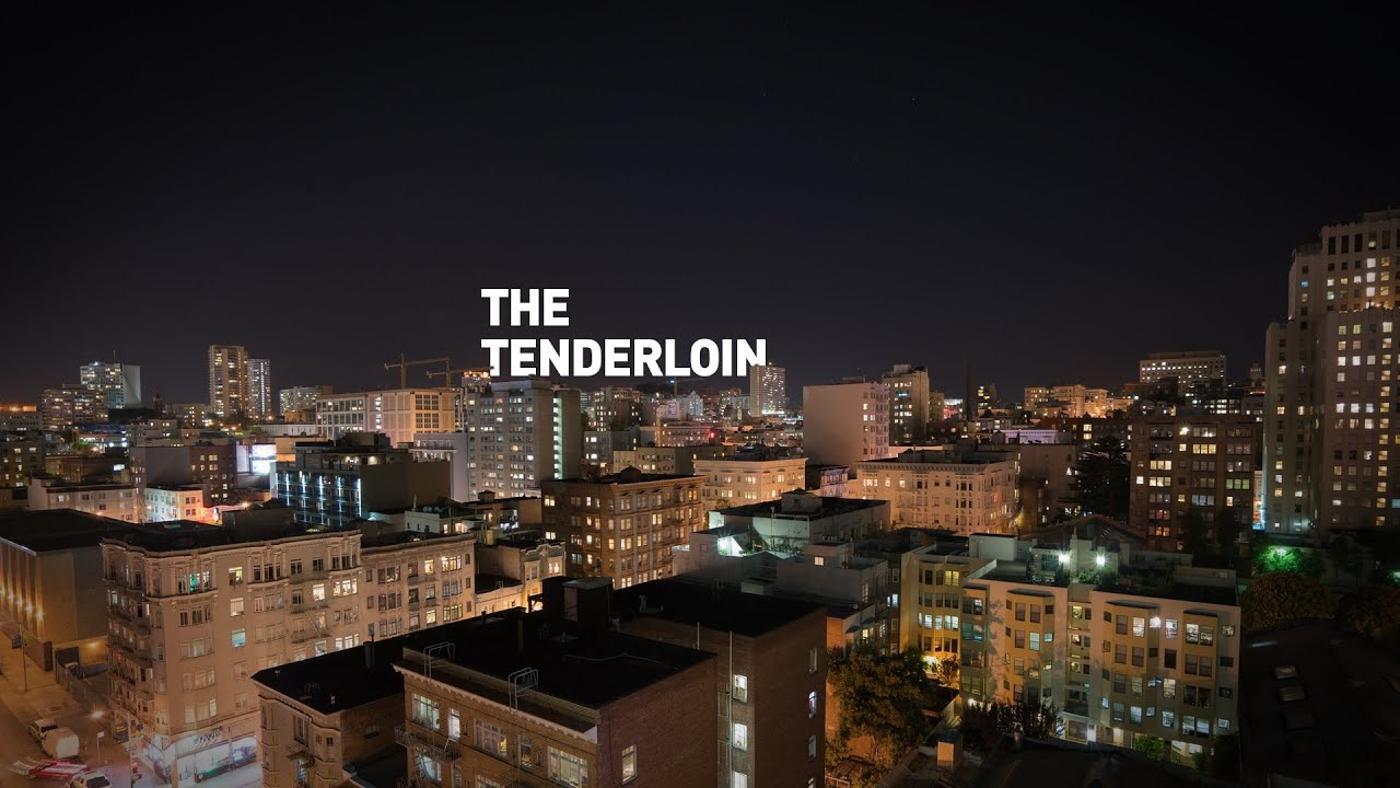
San Francisco’s Tenderloin district encompasses 50 square blocks in the city center. While the Tenderloin was always considered one of the rougher neighborhoods, in recent years, it has become far worse than residents could have imagined.
Tenderloin has the highest levels of homelessness in the city, is considered the center of the Fentanyl crisis, and is even home to several open-air drug markets in which people are selling and buying illegal narcotics at all times.
Police Have Struggled to Maintain Order in the Tenderloin
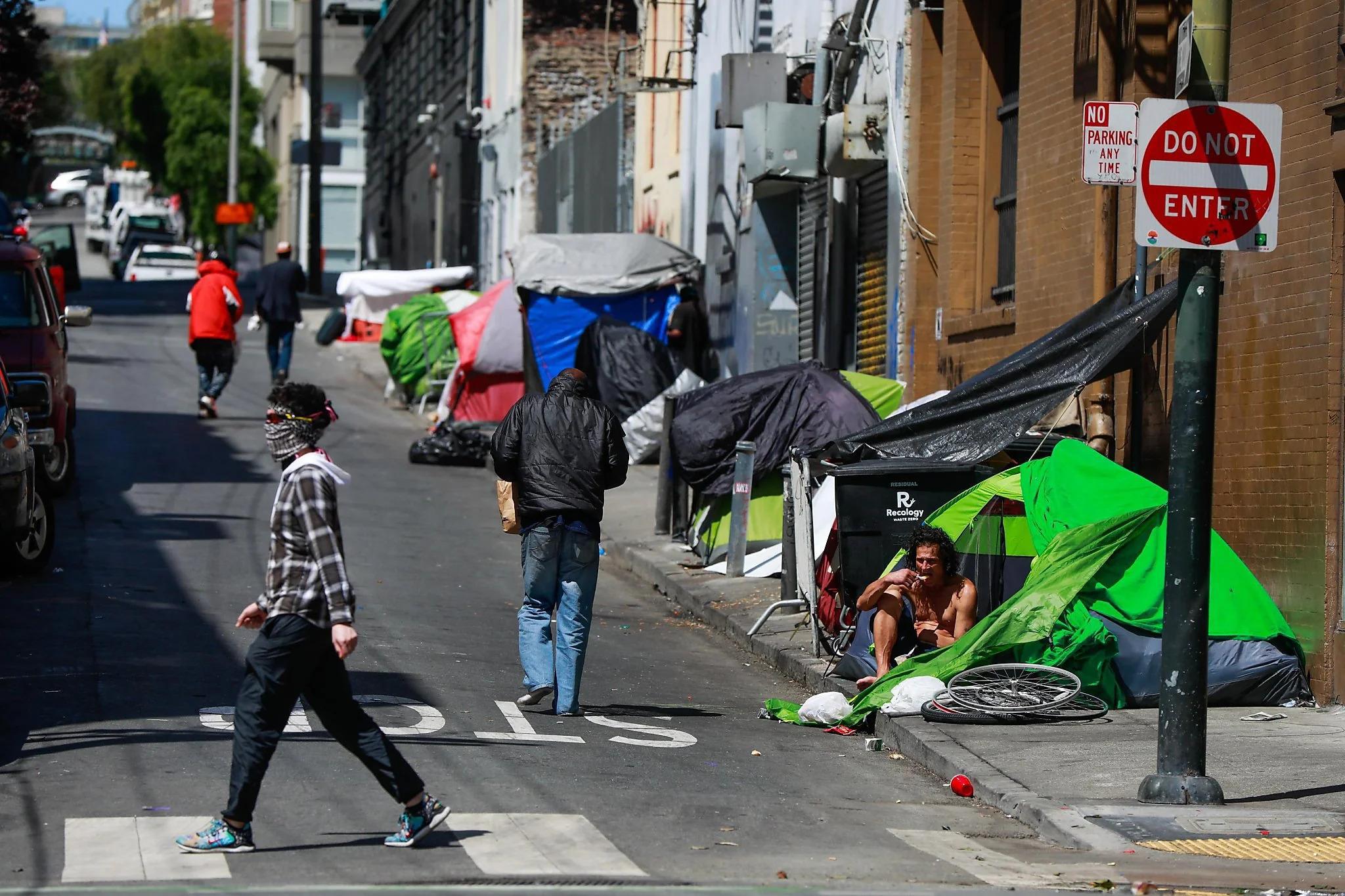
As the situation has progressed from bad to worse since the COVID-19 pandemic, San Francisco police have worked tirelessly to shut down these drug markets and arrest the active criminals living in the Tenderloin.
To help the local police in this overwhelming endeavor, several specific drug task forces have been deployed to the neighborhood. And in August 2023, even the California Highway Patrol abandoned its posts and headed to the Tenderloin.
Mayor Breed Said Their Tactics Have Been Working
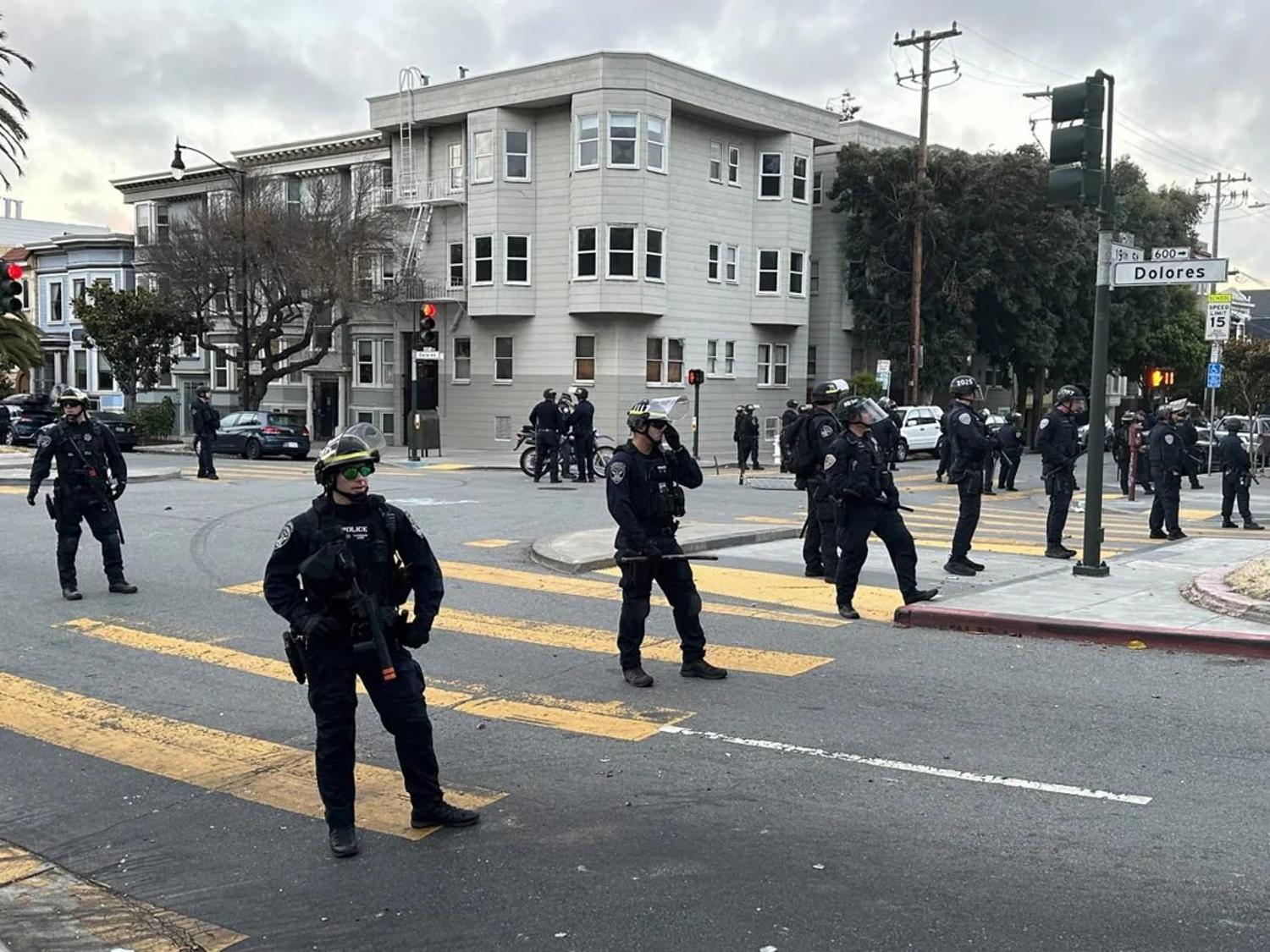
By utilizing other departments within California’s law enforcement, Mayor Breed reported that they have been able to make a dent within the open-air drug markets.
Mayor Breed posted on X, formerly Twitter, on April 23, 2024: “Since the end of May last year, SFPD has seized nearly 200 kilos of narcotics” and “Made more than 3,000 arrests related to drug activity in these neighborhoods.”
The Tenderloin District Isn’t Safe Yet
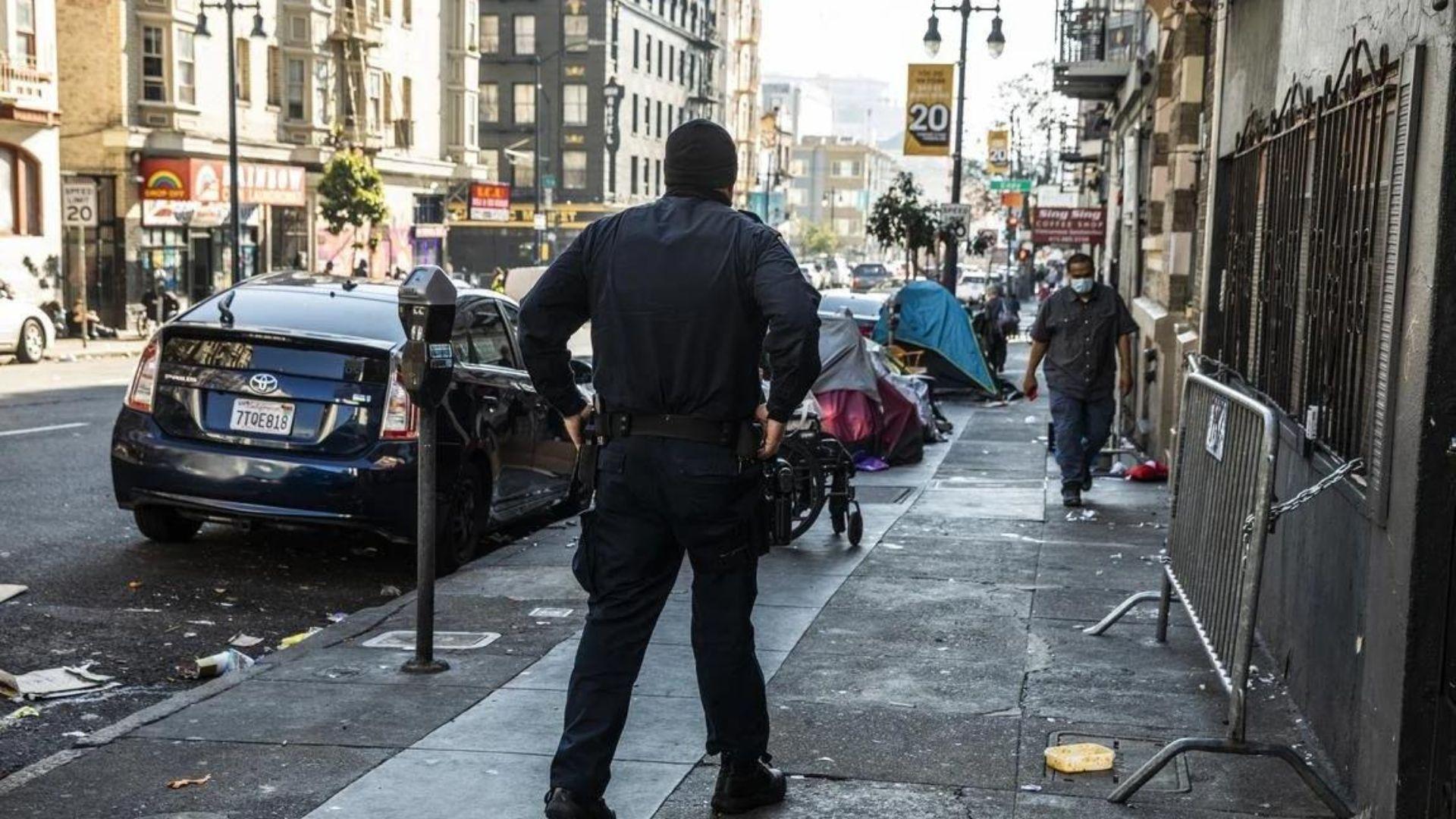
Even though, with the help of federal agents and added enforcement, the San Francisco police have increased their arrests, the Tenderloin is still an incredibly dangerous place.
It’s hard to pin down exactly what went wrong in the Tenderloin that led it to this state of disarray. But no matter why it happened, most people, including Mayor Breed, say that it’s going to take new and extreme approaches to actually make significant change.
Tenderloin Resident Says 24-Hour Stores Are Problematic
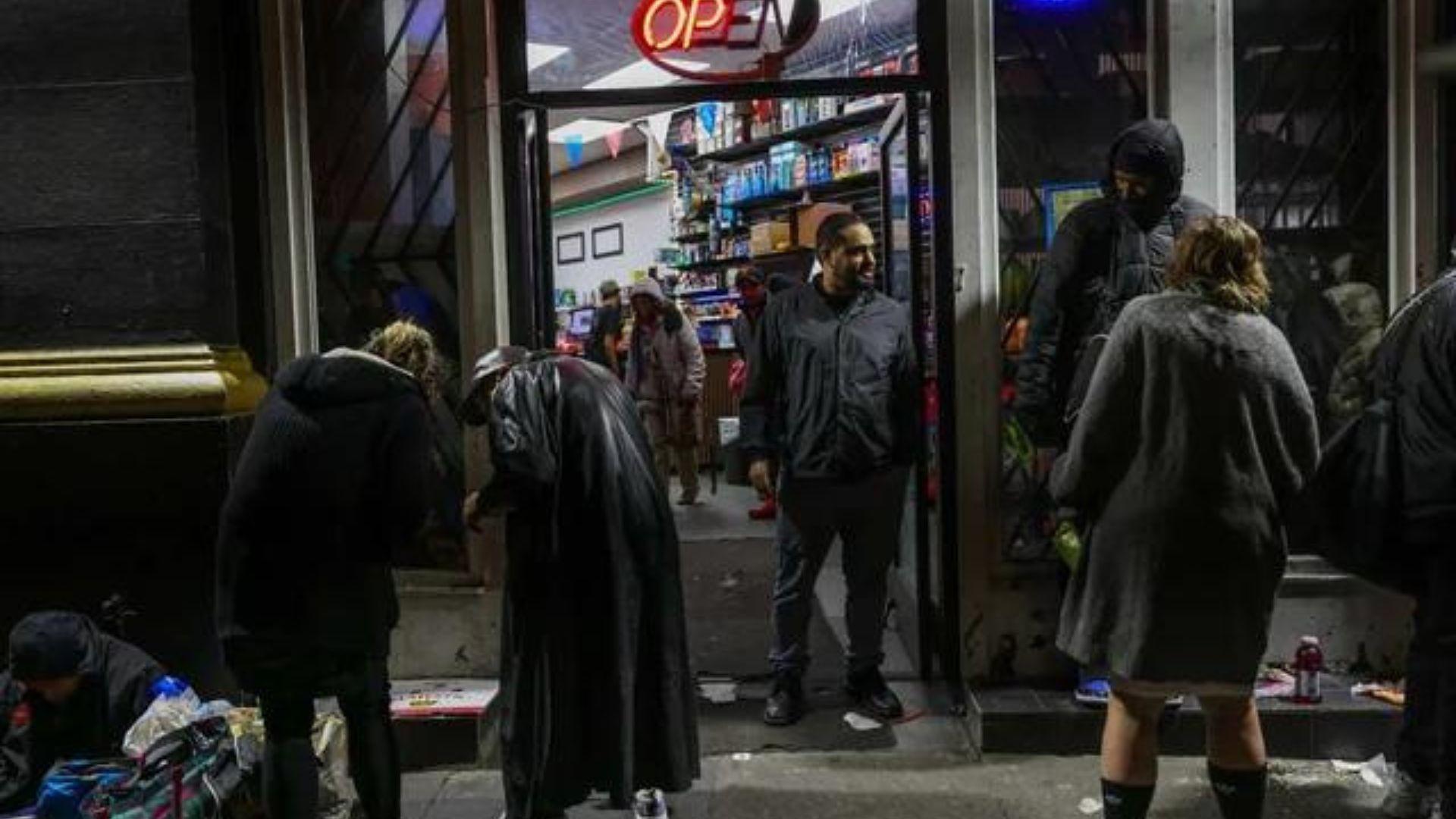
Gregg Johnson, a resident of the Tenderloin, told Mayor Breed, “It is going to take an ‘out of the box’ approach to dealing with this situation.”
He also explained that the 24-hour stores are increasing the dangers of the Tenderloin: “There are pockets in the Tenderloin where stores who operate 24/7 [are] creating unsafe sidewalks in and around their location.”
The Proposed Curfew Legislation in the Tenderloin
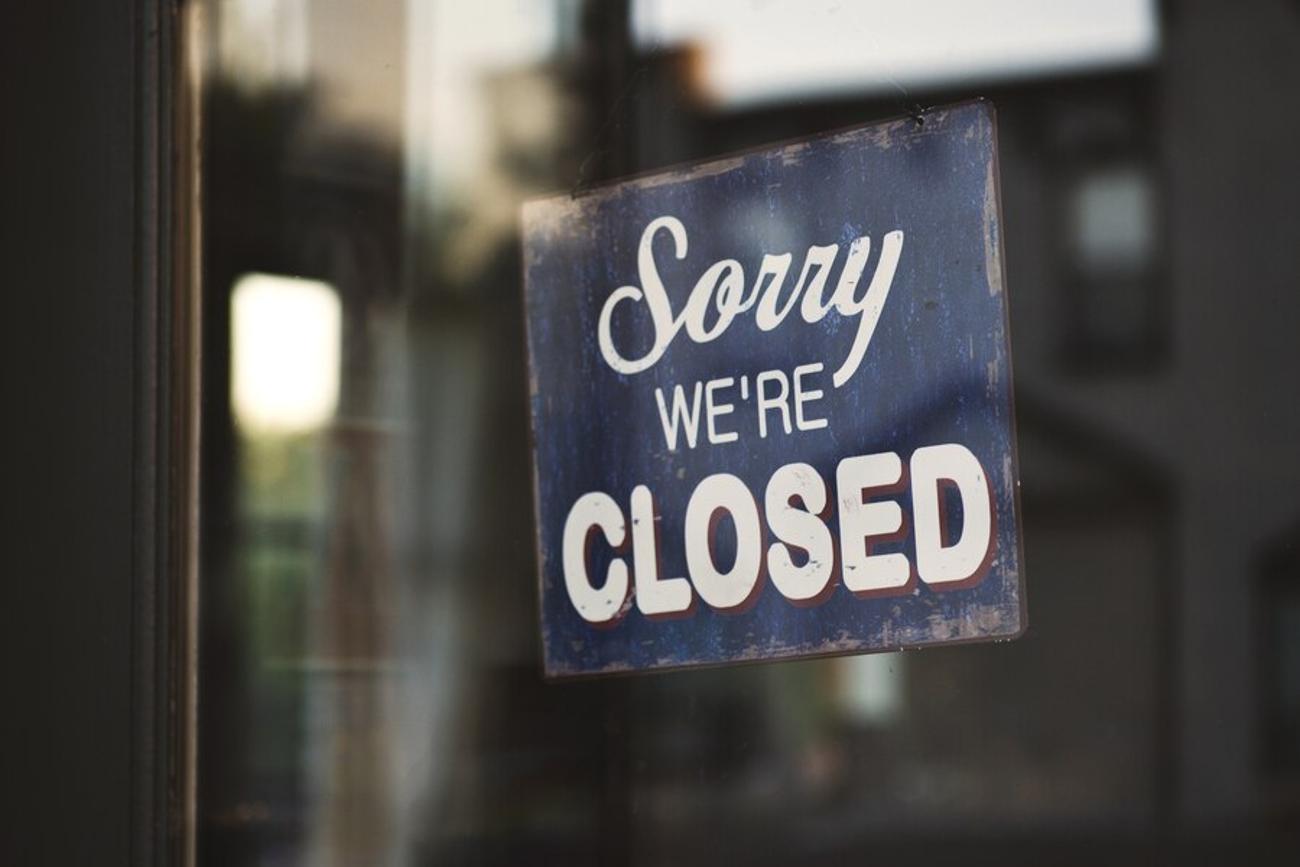
Mayor Breed shared Johnson’s words on her X profile on April 23, 2024, along with a follow-up post that explained her newest plan to improve the situation in the Tenderloin.
The mayor explained that the plan is essentially a curfew for local businesses. According to a press statement released by her office, the proposed legislation will “prohibit some retail establishments selling prepacked food or tobacco products from operating between 12 a.m. (midnight) to 5 a.m. in part of the Tenderloin.”
Mayor Breed Believes This Plan Could Really Make a Difference

Shutting down small businesses that sell food or tobacco for five hours may not sound like a radical idea, but Mayor Breed believes it could actually make a big difference in the safety of the Tenderloin.
San Francisco Attorney David Chiu agreed, saying, “The vast majority of businesses are contributing to our neighborhoods in meaningful ways, but there are a handful of late-night retail establishments in the Tenderloin that appear to attract significant nighttime drug activity. This legislation will give the City and residents an additional tool to break up open-air drug markets.”
Empty Streets in the Tenderloin Could Help Police Do Their Jobs
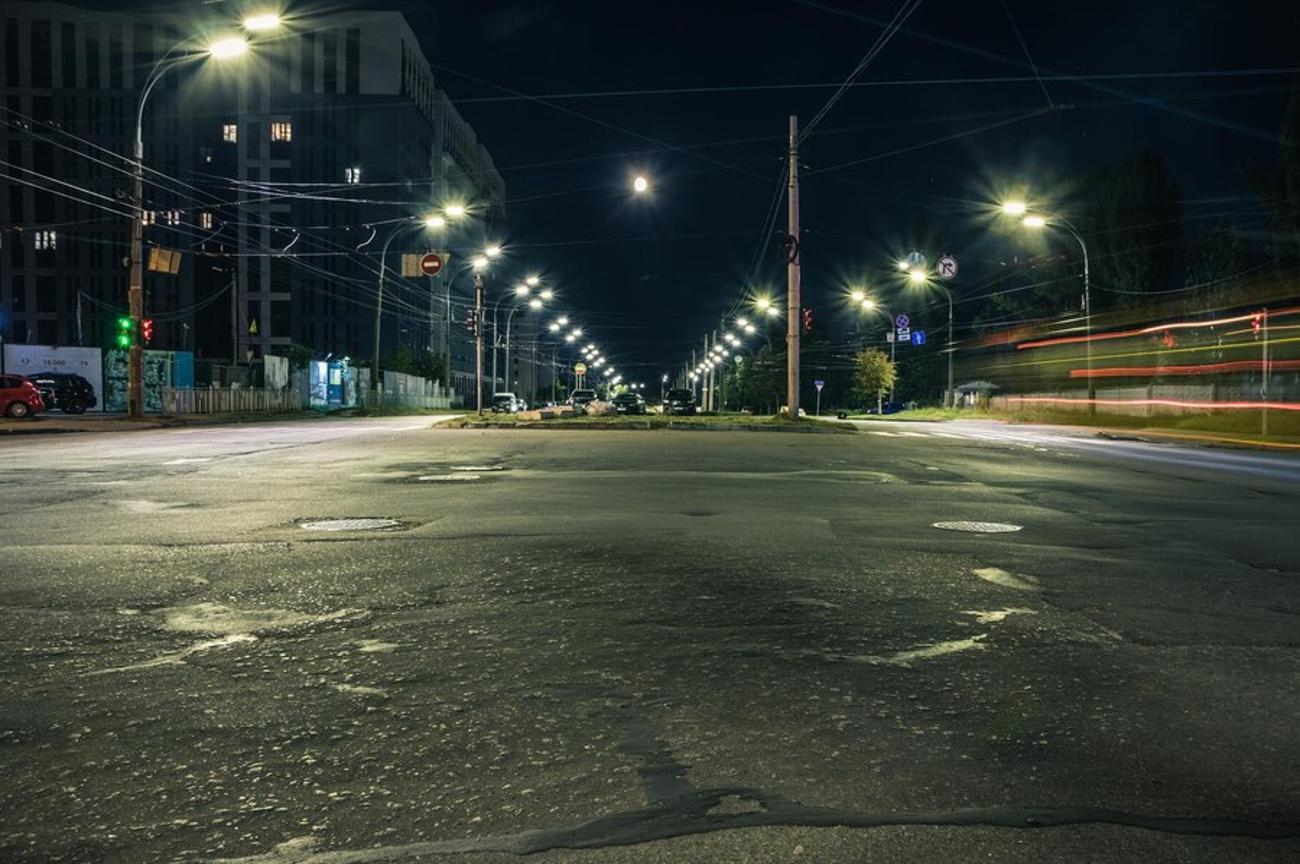
The idea is that, by closing the businesses which gather crowds in the middle of the night, the streets will be calmer, quieter, and consequently, have less criminal activity.
Therefore, the residents in the Tenderloin will be able to sleep comfortably, knowing that crime isn’t taking place around their homes.
Local Police Can Focus on Known “Trouble Spots”
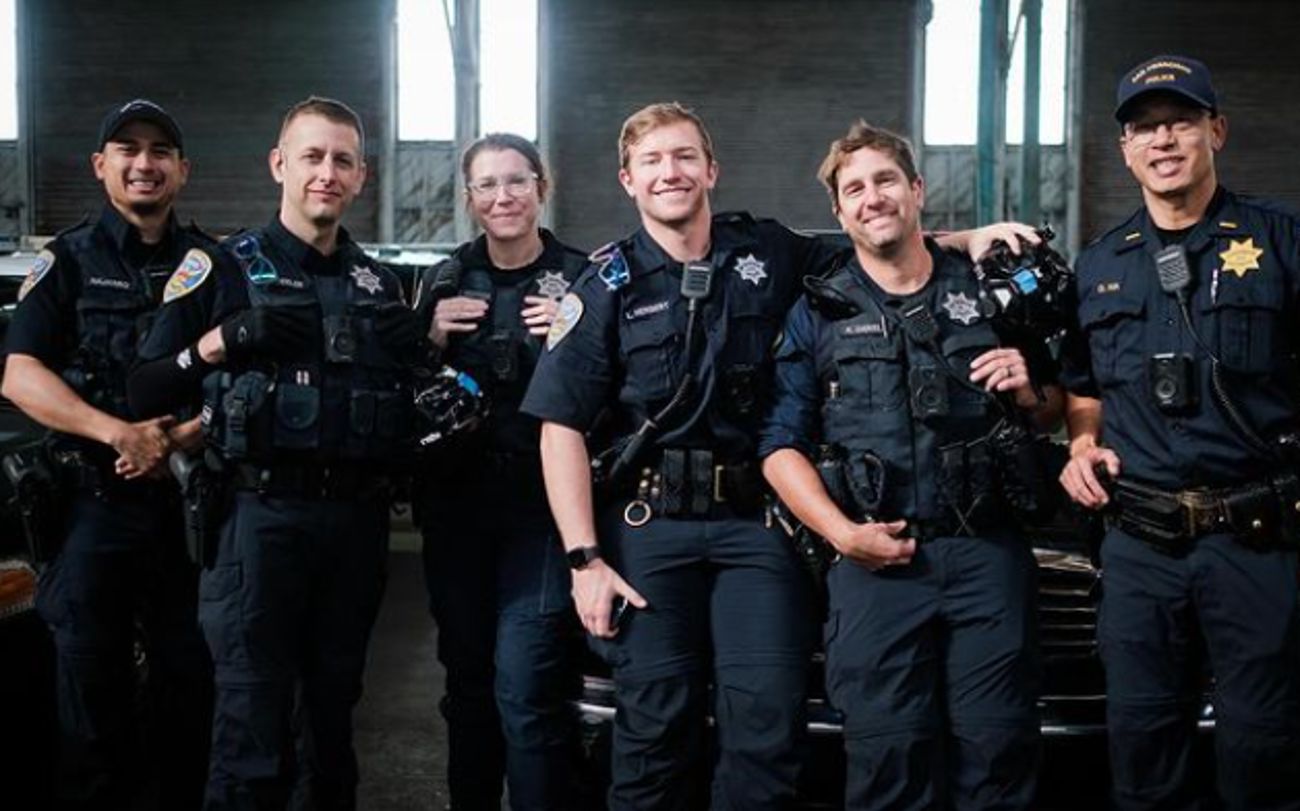
Additionally, with fewer areas of congregations at night, the local police can focus their attention to the known “trouble spots” as Kate Robinson, the Executive Director of the Tenderloin Community Benefit District, explained.
Robinson said, “The enhanced coordination we are seeing amongst City partners is yielding tangible results, especially in the daytime, and this renewed focus on quelling known nighttime trouble spots will put us on a renewed path towards a sustainable future for residents.”
Some Businesses Are Fighting Against the Legislation
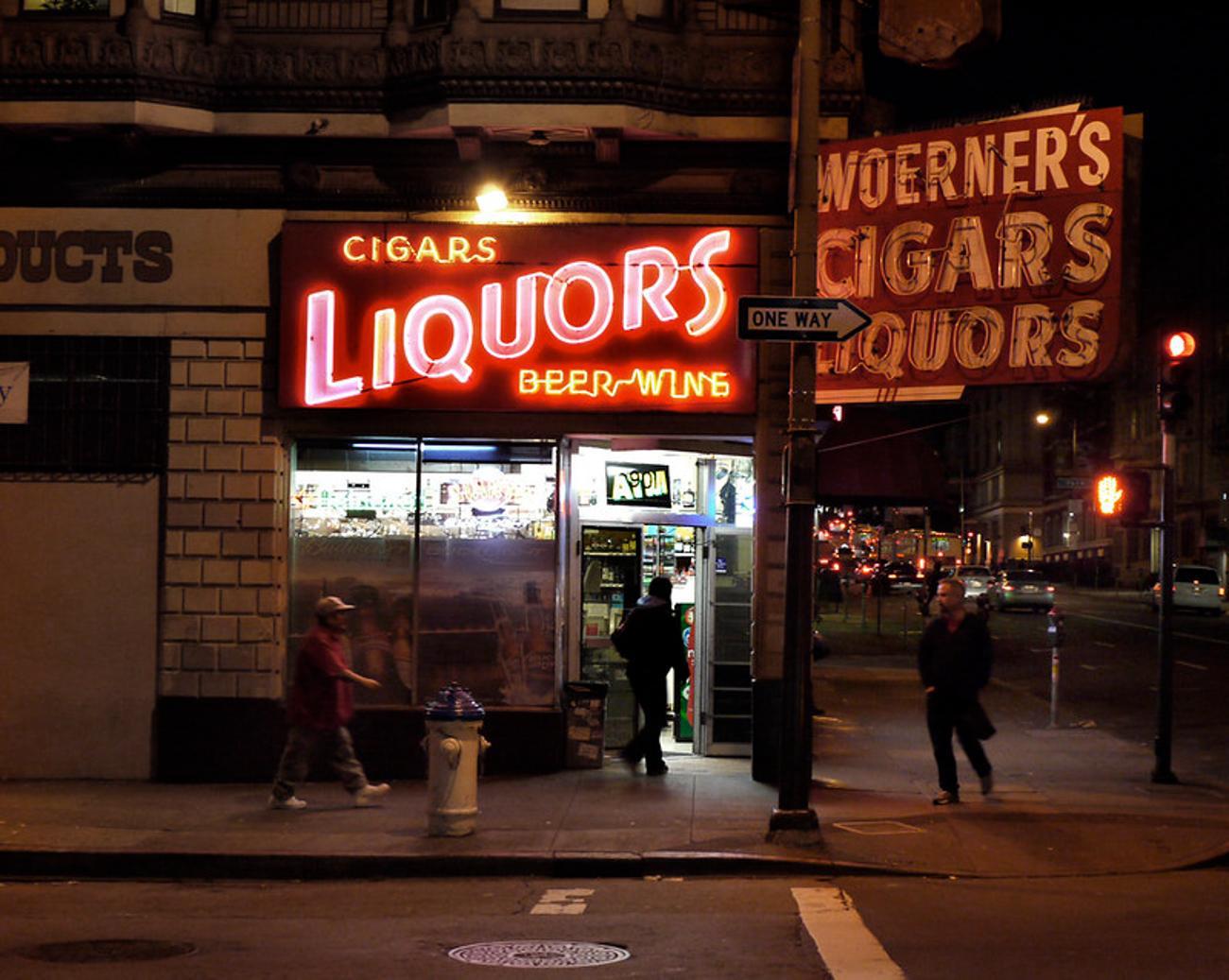
After the announcement, some business owners in the Tenderloin spoke out against the legislation. One who chose to remain anonymous told KTVU, “The reason why we want it to stay open is because we have to make more money to pay rent, to pay bills, phone bills, internet bills, and we have employees.”
Another told the press that the legislation most likely won’t even work because “people are still homeless and they’re still out here all night long, so the markets don’t really have anything to do with the crime.”
There’s No Doubt Change Is Needed in the Tenderloin
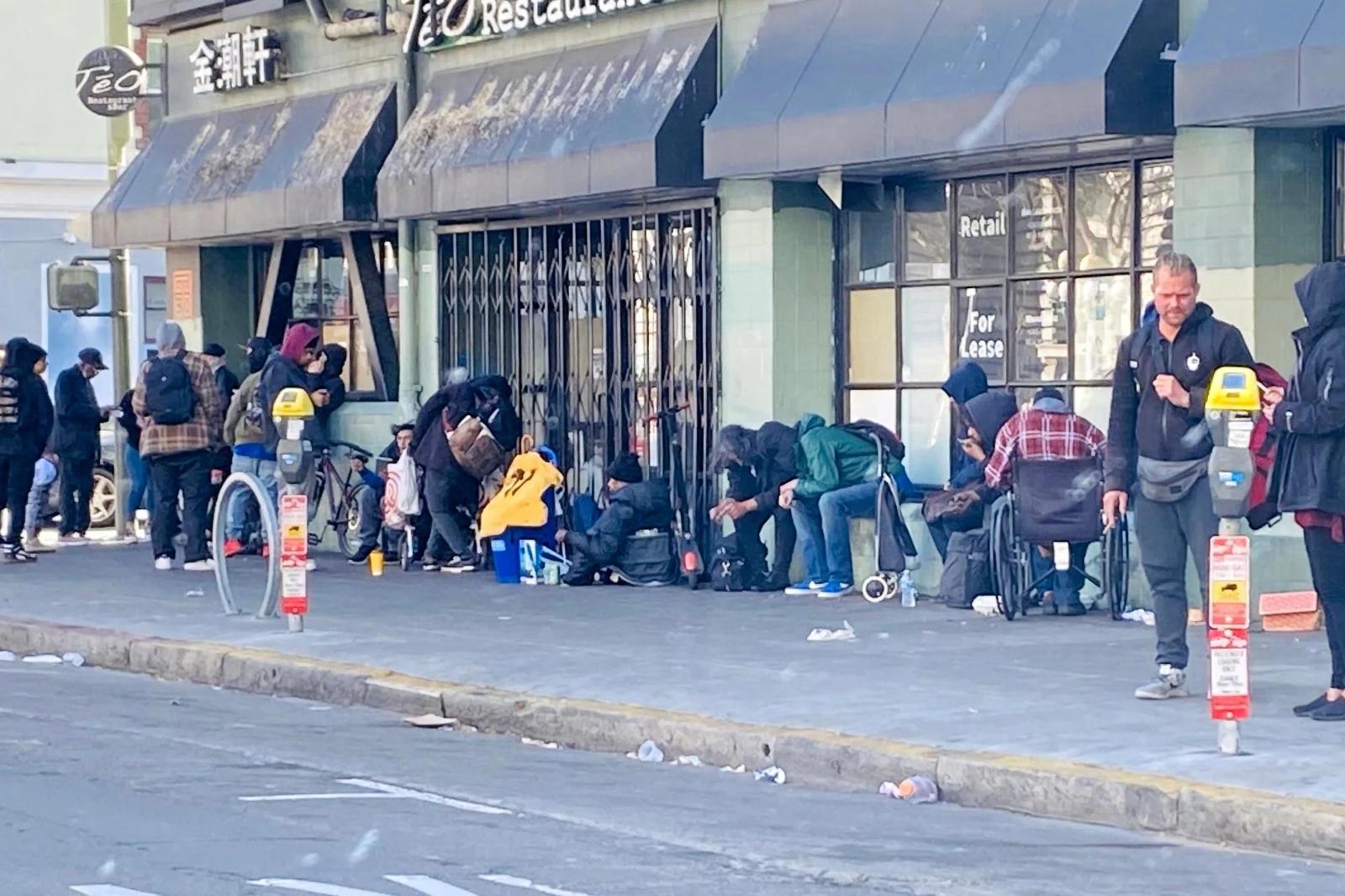
However, the vast majority of people living within the Tenderloin agree that this new curfew is a positive step forward. In fact, Mayor Breed explained that her office didn’t think of this idea on their own, members of the community proposed it and they agreed. Breed said, “This is an idea for the community, from the community.”
As Khaled Ghaleb, Imam of the Tenderloin-based Mosque, Darussaalam so succinctly said, “Our community has long suffered from the consequences of nighttime activities that threaten our safety and well-being. This legislation not only represents a decisive action towards curbing illegal activities but also reinforces our collective responsibility to nurture a safe, welcoming environment for all of our residents, worshipers, and youth.”
